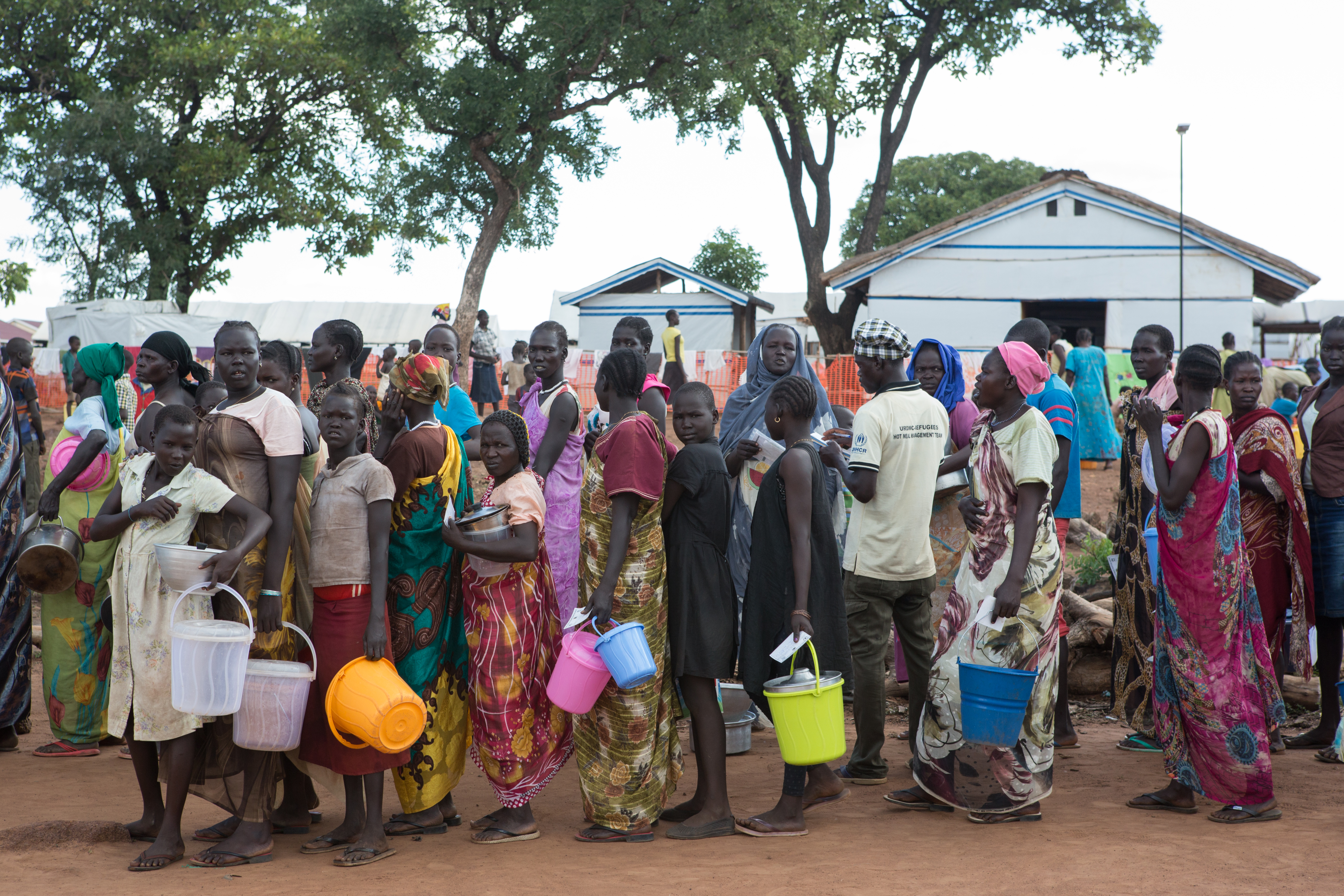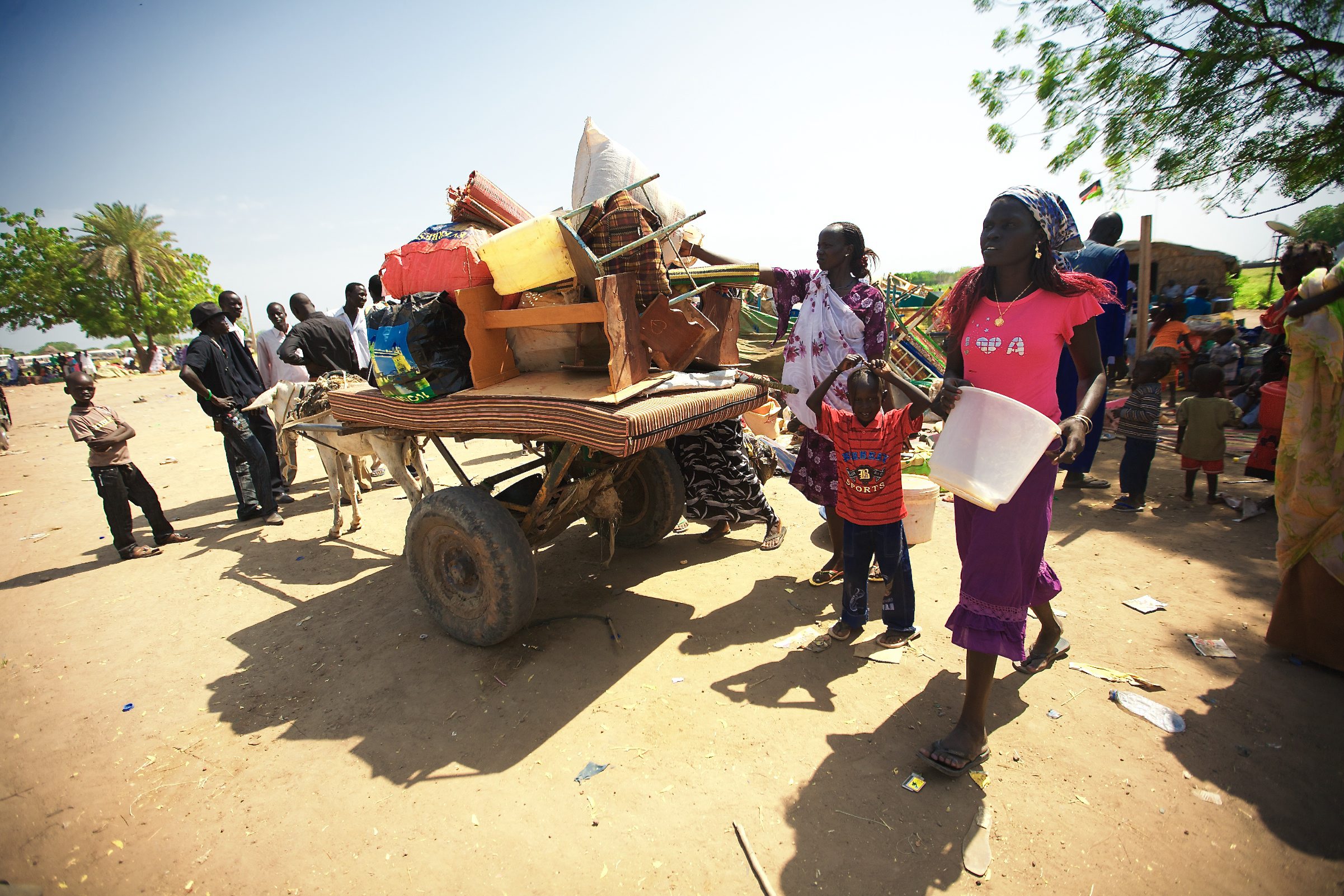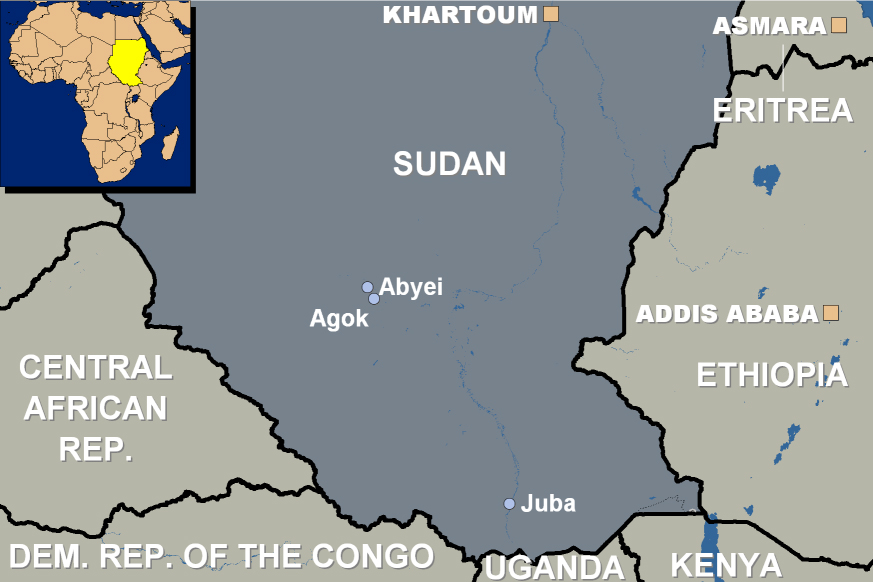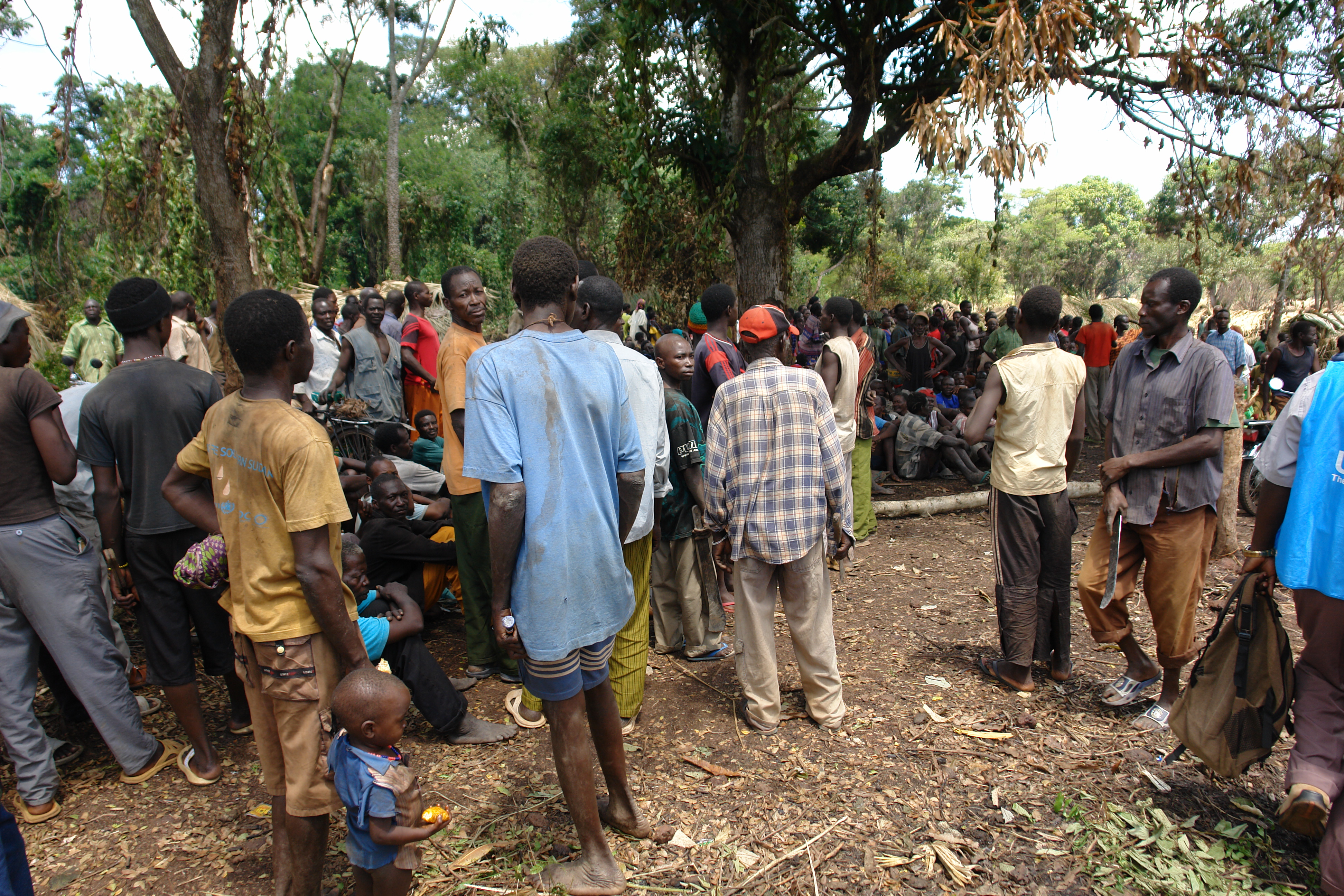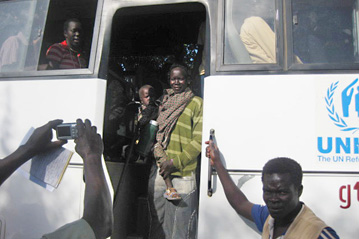UNHCR cites urgent needs for planned South Sudan repatriation
UNHCR cites urgent needs for planned South Sudan repatriation
OSLO - Acting U.N. High Commissioner for Refugees Wendy Chamberlin on Monday appealed for urgent international support to ensure that at least minimal conditions are in place in south Sudan so that millions of uprooted people can begin returning to the devastated region later this year.
Addressing participants on the first day of the two-day Oslo Donor's Conference on Sudan, Chamberlin said international support "will make the difference for hundreds of thousands, indeed, millions of people" who want to go home after more than two decades of conflict. But without that support, she warned, their reintegration may not be sustainable and - as UNHCR knows from past experience - refugees could once again take flight.
UNHCR needs $60 million this year to begin the return and reintegration operation, but has so far received only $7 million. Some 550,000 refugees in neighbouring countries and an estimated 6.1 million internally displaced people in south Sudan remain uprooted following the decades-long conflict that left the region in ruins.
Chamberlin said uprooted Sudanese whom she met during a recent mission to the south and to refugee camps in Uganda and Kenya expressed joyful anticipation as well as a deep sense of uncertainty over the prospect of finally going home.
"Many are cautious, even fearful," she said. "They may have left in a hurry and with little choice, but the decision to quit the security of a refugee camp for the unknown back in Sudan is a monumental one. When I met with refugees in the Rhino Camp in Uganda and the Kakuma Camp in northern Kenya, I randomly asked scores of them to tell me the three things that most concerned them about returning home. Their answers fit a tight pattern. Nearly all mentioned reliable food and water supply, return of their land, physical security, and schools for their children."
"They are right to be apprehensive," she added, noting that refugees will likely hold off on returning until they know these basic concerns will be met.
UNHCR has a two-pronged strategy to ensure that uprooted southerners can go home and stay home. First, the agency must meet the immediate and urgent needs of some 600,000 spontaneous returnees - 200,000 non-registered ex-refugees and 400,000 internally displaced persons (IDPs) - who have already gone back on their own to some areas of the south. Second, UNHCR expects another 550,000 registered refugees and an equal number of IDPs to begin returning in the organised repatriation set to start after the end of the rainy season in September. Funding for both phases is at present inadequate, Chamberlin said.
"What is needed? In a word, everything," she said. "In Bor County, for example, where over 35,000 refugees originate, there is not a single secondary school. There are two doctors in the entire county of Yei, some 180,000 inhabitants. Civil servants are underpaid and in short supply. Everywhere, people have limited access to safe water. Sudanese farmers in the Rhino settlement in Uganda may be comfortably self-sufficient on land supplied by the Ugandan government, but they are worried that large tracts of their ancestral home are polluted with land mines. The international community has started to clear roads and public lands of dangerous ordnances, but farmers don't raise crops on roads. Women collecting firewood and little girls fetching water go off the path. Jobs must be created to ensure viable communities. The issue of land allocation must be addressed, and mechanisms put in place to resolve disputes stemming from displacement and exile. "
The conflict in south Sudan was officially brought to an end by the January 9 peace deal between the government of Sudan and the Sudan People's Liberation Movement / Army. In late February, UNHCR deployed an emergency team of experts in various fields such as water, sanitation, community services, health, education and income generation to prepare vital infrastructure and other basic requirements for the return of refugees and IDPs.
During their exile, UNHCR and its partners provided education and various types of vocational training to thousands of refugees - skills they can now use to rebuild their homeland. But Chamberlin said girls who had grown up in refugee camps were particularly apprehensive about going back to a traditional society with few educational opportunities or other prospects for women. They, too, want to be agents of change in their country, she said.
"The task is daunting given years of war and destruction of infrastructure," Chamberlin said. "But we have an extraordinarily powerful tool for development - the refugees themselves."


